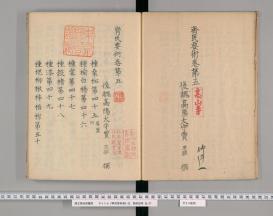“Agriculture and the Song Elite World of Literature” has a two-fold goal: to analyze the writing strategies of literati based on both technological books and individual literary works about agricultural production and water conservancy; and to illustrate the literati’s role in composing and publishing technical texts. To achieve this goal, a wide range of historical sources is drawn upon: scattered poetry and articles focusing on agricultural production in individual collections of the Song literati, printed editions of agricultural treaties and monographs, jotted notes, encyclopedias, and catalogs. Using textual analysis and intellectual history methods will highlight the role of agriculture in the culture of the elite in the Song dynasty.
This research aims to broaden the perspective of existing studies on the political and ideological context of agricultural literature by expanding the corpus of analyzed texts which has generally relied on a textual tradition that promoted agriculture known as quannongshi 劝农诗. By aligning textual details of texts promoting agriculture with Chinese literary traditions, including the verse and prose found in agricultural treaties, which have often been overlooked by current western studies, we can trace the transformation of the knowledge classification in the Song dynasty. This lays the foundation for a more comprehensive examination of the printing of agricultural monographs from the perspective of book history and helps illustrate the connection between these books and the Song elite’s social network.

